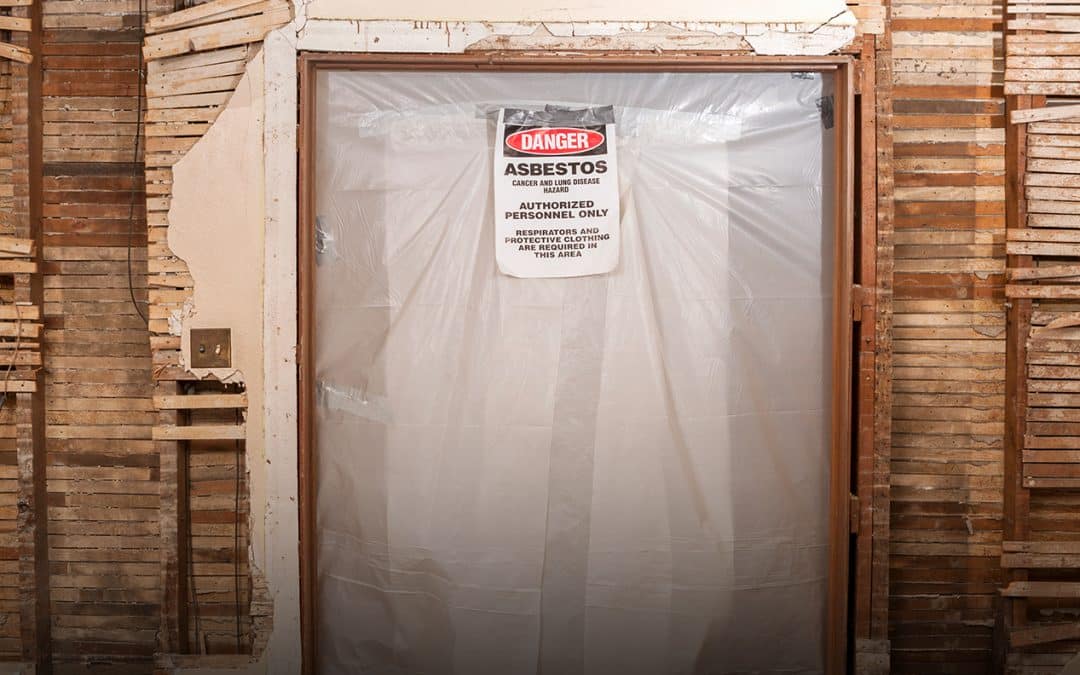Although everyone is required to have auto insurance, the level of coverage varies based on each driver’s needs. One type of car insurance coverage is medical payments coverage, sometimes referred to as medical coverage or MedPay.
What is Medical Payments Coverage (MedPay)?
MedPay is a type of medical payment insurance that may help cover medical expenses and funeral costs incurred as a result of a car accident. Medical payment insurance generally covers expenses for the policyholder and their family members also listed on the policy. Passengers who are traveling in the insured vehicle when the incident that results in a MedPay claim occurs are also usually covered. In some cases, it’s even possible to extend a medical coverage policy to cover injuries sustained outside your vehicle as a pedestrian or as a passenger in someone else’s vehicle. Typically, Medical Payments Coverage can apply regardless of whose fault the accident was.
Is MedPay Required?
In most states, medical payment coverage is an optional addition to your auto insurance policy. There are states, including Pennsylvania[i] and Maine[ii], where it’s required coverage. Though MedPay alone is not mandatory coverage in New Hampshire[iii], if you choose to purchase car insurance in the granite state, you must also include MedPay on your policy.
Who Should Consider MedPay Coverage?
If a driver’s health insurance plan has a high deductible, or there are gaps in coverage, MedPay could be a decent option. It’s also a good Plan B if health insurance limits are low and may be exceeded, or a driver anticipates the need to receive care not covered under their plan. Both car insurance and health insurance policies are specific to the individual, so it’s best to talk to your insurance agent or carrier to understand exactly what is covered by your specific policy and what the best options are for your needs.
What do I need to know to add MedPay to my car insurance policy?
If you’ve decided to purchase MedPay, you’ll need to choose your medical payment coverage limits. This limit is the maximum amount your insurance provider may pay for each person involved in the accident where a valid MedPay claim applies. If the medical expenses per person exceed your selected limit, you would be responsible for the remaining amount.
What Does MedPay Cover?
Medical Payments Coverage may help with several different expenses following a car accident, most times regardless of fault. These may include costs incurred for medical treatment that the driver or passengers sustained during the accident. MedPay coverage may also include:
- Ambulance and EMT fees
- Hospital stays and visits
- Doctor’s visits
- X-rays
- Surgery
- Prostheses
- Nursing care and services
- Dental procedures
- Injuries incurred as a pedestrian
- Funerals
It’s important to remember insurance companies may define MedPay and the resulting coverage differently. Everyone’s coverage is different, so check with your insurance agent or provider to learn exactly what’s covered by MedPay or your policy.
What Isn’t Covered by MedPay?
In some auto accidents, medical coverage won’t apply. Medical payment coverage usually does not cover damages from accidents that occurred while driving under the influence. Unlike bodily injury liability coverage, MedPay does not cover compensation for pain and suffering as a result of an accident. Additionally, MedPay does not offer compensation for essential duties the injured can no longer perform. However, PIP does usually cover childcare costs and lost wages following an accident.
Does MedPay Cover Pedestrians?
One highlight of having medical coverage on a car insurance policy is that the holder is typically covered regardless of where they are traveling. Medical payment coverage may be able to cover injuries incurred from situations like:
- Using public transportation, like a bus
- Traveling in a family member or friend’s car
- Riding a bike or walking
This usually applies both inside and outside of the state in which the policyholder resides. However, coverages vary widely from state to state, so it’s best to check with your agent or insurance provider.
How Does a MedPay Claim Work?
If you incur medical bills as the result of a car accident that would be covered by your medical insurance, you’re usually expected to pay those bills upfront. Typically, the insurer will then reimburse those costs without any co-pays or deductibles. This ensures that you or anyone else who is injured by a vehicle in any way will be protected against undue expenses for medical treatment that is deemed necessary due to the incident you were involved in.
Because MedPay is coverage in addition to primary health insurance, there’s the question of who the primary payer for certain tests, treatments or medical expenses is. Since all policies and resulting coverages are different, it’s best to consult your health insurance provider and policy for answers.
Talk with an agent about adding Medical Payments Coverage to your policy or start a quote to see if you could save on MedPay in Massachusetts through MAPFRE Insurance.



